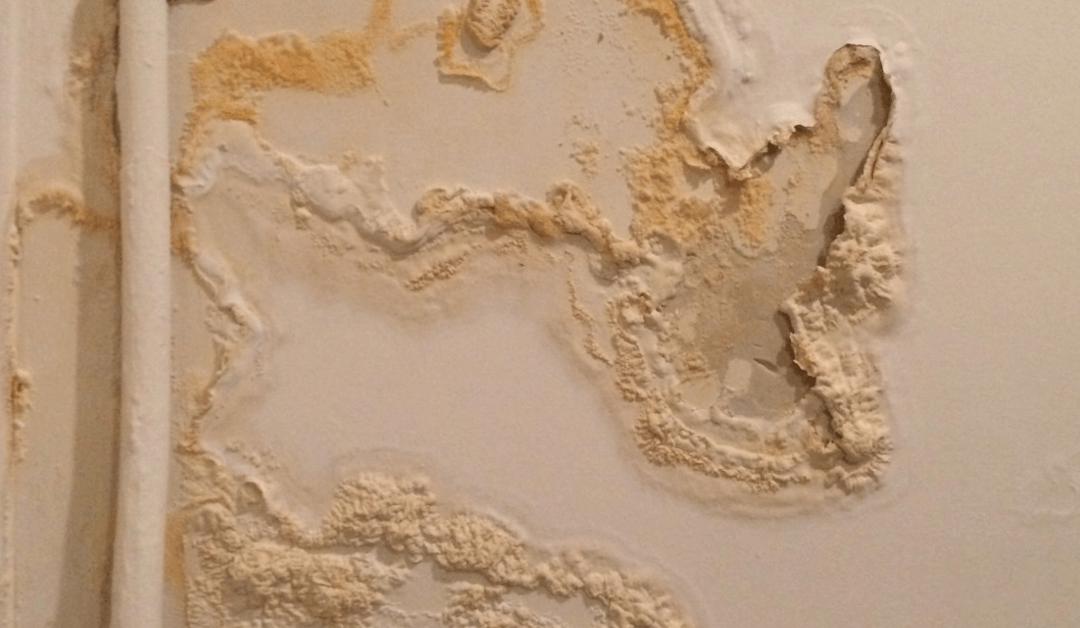If your house has had any type of water damage recently then you may be considered with what could happen to your heating, ventilation, and air-conditioning, or HVAC, unit. Finding restoration companies in your area could be helpful in figuring out what you could expect from your AC system. The professionals at Restoration Doctor have been helping the Miami residents for years with their water damage clean-up and they’re here to offer some insight into this difficult situation. Keep reading to find out more from the experts.
The Effects of Water Damage on Your AC System
It’s never a good sign when you need to find restoration companies in your area. It usually means that there has been some type of damage done to your home that you can’t handle on your own. Things can become especially stressful when your heating, ventilation, and the air-conditioning system gets involved as well. When an HVAC unit comes in contact with water the whole system can shut down, function inefficiently, or begin to spread excess humidity throughout your house, which could eventually lead to mold infestation. Also, microbial growth and mold can be sent to the inside of your HVAC system causing the interior components and equipment to degrade. Another problem that you could experience after water comes into contact with your air-conditioning unit is an increase in the amount of water vapor that condenses on surfaces inside your home. If your system isn’t working well this can lead to poor environmental control inside and it can cause a significant amount of condensation to form, which will lead to mold growth on a number of surfaces throughout your house. In a typical system whether it’s a residential, commercial, or industrial, the fan circulates air from one space to the air filter, to the return grills, then the return ducting, the heating or cooling coils, and finally through the supply ducting into the rooms in your house. Most HVAC units are designed similarly although there are some residential systems that vary in configuration.
Another reason it’s critical to take care of your HVAC system is that mold doesn’t get filtered! Many airborne spores range in size from one to five micrometers, however, they tend to appear as clumps or balls that can be two to ten times larger than that size. Conventional HVAC system filters are not effective at stopping the distribution or spreading of the particles that are larger in size. In order for HVAC systems to capture particles at a 99.97 percentage than the system must feature a HEPA filtration. With this filter rating it doesn’t matter what diameter the particles have or if they are large or small, the HVAC system will stop them from spreading.
Contact Us One of the Top Restoration Companies in the Area
Restoration Doctor in Miami has years of experience as a top mold specialist. We pride ourselves on helping our clients with all of their mold damage needs, including black mold removal and water damage clean-up. Call or visit us today to find out how we can help you and your home!

